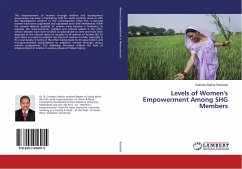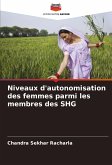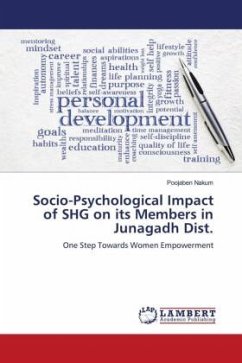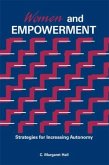The empowerment of women through welfare and development programmes has been a fascinating field for social scientists more so with the development workers in the contemporary times. This is because women have been suppressed and oppressed since time immemorial. While the natural delicate qualities of women have become a hindrance to equality, the socio-economic, political and cultural system is the other reason. Women have been treated as subordinate to men and have been deprived of the natural rights of equality in all spheres of human life. As such there is a need to examine the status of women in India, especially in the rural society in terms of the effort being made by the government and non-governmental organizations to empower women through various welfare programmes. The following discussion reflects the level of empowerment of women in various phases of Indian history.
Bitte wählen Sie Ihr Anliegen aus.
Rechnungen
Retourenschein anfordern
Bestellstatus
Storno








